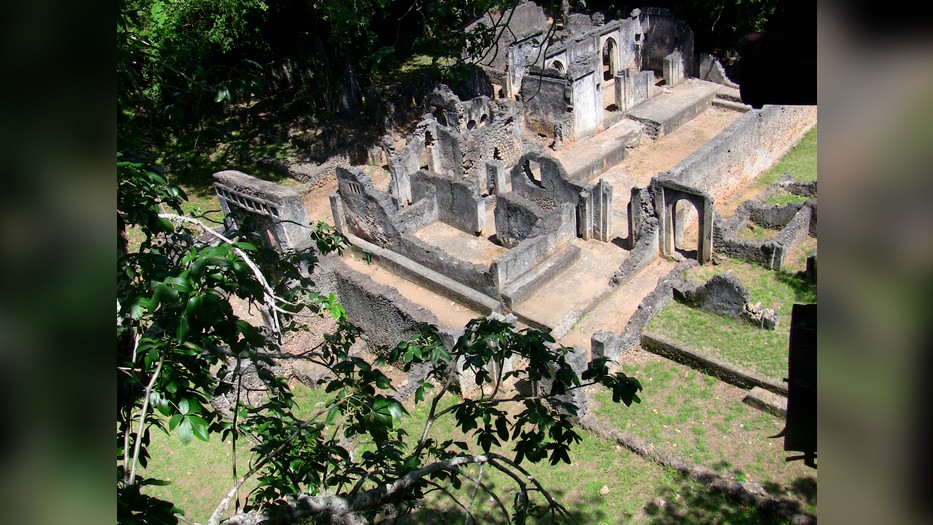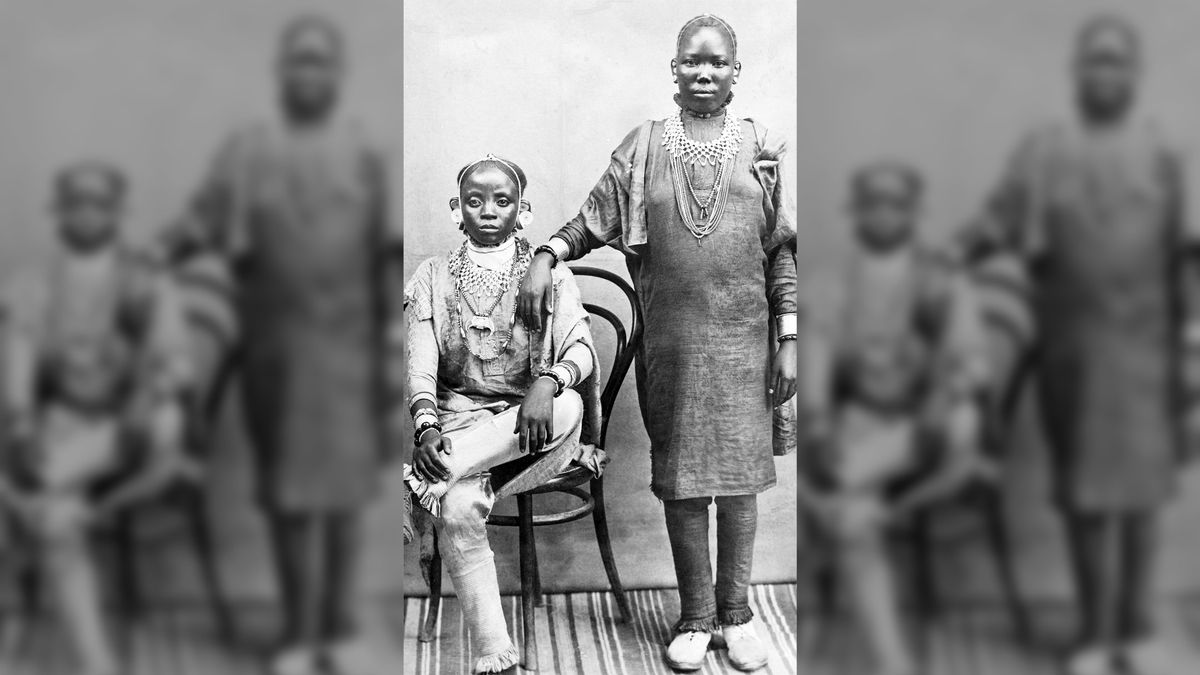About a millennium ago, long before the age of internet dating, Swahili women in eastern Africa paired up with a new type of suitor: men from Persia, a new study finds.
Researchers made the finding by studying the ancient DNA of 80 aristocrats buried in six medieval and early modern towns along the Swahili coast, they wrote in a new study published March 29 in the journal Nature (opens in new tab). These international hookups occurred just as Islam was spreading to the Swahili region, the researchers noted.
The study supports historical evidence that Swahili aristocrats are descendants of Persians who married Africans centuries ago.
“This picture is almost a perfect match to the Kilwa Chronicle, the oldest narrative told by the Swahili people themselves, and one almost all earlier scholars had dismissed as a kind of fairy tale,” co-authors Chapurukha Kusimba (opens in new tab), professor of anthropology at University of South Florida, and David Reich (opens in new tab), professor of genetics and human evolutionary biology at Harvard University, wrote in The Conversation (opens in new tab).
“Our results do not provide simple validation for the narratives previously advanced in archaeological, historical, or political circles. Instead, they contradict and complicate all of them.”

The Swahili civilization has existed for thousands of years along the coast of East Africa, where they played a key role in the trade routes connecting Africa, Arabia, Persia, India, Southeast Asia and China. Swahili people embraced Islam a little more than 1,000 years ago, fell under colonialist control in the 1500s and did not regain their independence until the mid 20th century. The Swahili people were then largely absorbed into modern Somalia, Kenya, Tanzania, Mozambique and Madagascar.
The question of where the Swahili came from originally, and how their unique culture evolved, has been subject to debate among academics for at least a century. Not all of these debates were carried out in good faith. “Western archaeologists in the mid-20th century emphasized the connections of the medieval Swahili to Persia and Arabia, sometimes suggesting that their impressive achievements could not have been attained by Africans,” Kusimba and Reich wrote.
Related: Polynesians and Native Americans paired up 800 years ago, DNA reveals
The new study shows that the story of the Swahili is neither straightforward nor far off from the civilization’s own legends.
Upon examining the DNA of the medieval Swahili elite, some of whom lived up to 800 years ago, the scientists discovered that the majority of male ancestors came from Asia — particularly Persia, or modern-day Iran — while the majority of female ancestors came from Africa. “These findings bring out the African contributions, and indeed, the Africanness of the Swahili, without marginalizing the Persian and Indian connection,” Kusimba said in a statement (opens in new tab).
Further, the Persians do not appear to have forced their ideologies upon their African partners. Oral traditions and archaeological evidence suggest that the descendants of these Asian-African unions spoke an African language, and that African women retained significant economic and social power. The researchers suspect that the traditional matriarchal society of the Swahili was by then so entrenched that even the traditionally patriarchal Persian men followed local custom so that they could marry into powerful African families.
“The fact that their children passed down the language of their mothers, and that encounters with traditionally patriarchal Persians and Arabians and conversion to Islam did not change the coast’s African matriarchal traditions, confirms that this was not a simple history of African women being exploited,” Kusimba and Reich wrote.
In addition to shedding light on the origins of the Swahili, the findings also demonstrate the importance of taking folktales into account when trying to tell the stories of ancient people. “This research is not only significant for its scientific achievement,” said co-author Dillon Mahoney (opens in new tab), an assistant professor of anthropology at the University of South Florida, in a statement. “But it tells us that we must take non-Western and oral histories into full consideration.”
Stay connected with us on social media platform for instant update click here to join our Twitter, & Facebook
We are now on Telegram. Click here to join our channel (@TechiUpdate) and stay updated with the latest Technology headlines.
For all the latest For Top Stories News Click Here

